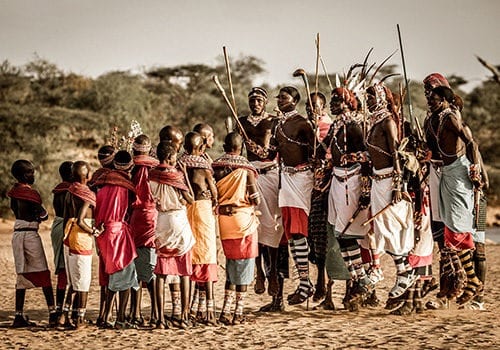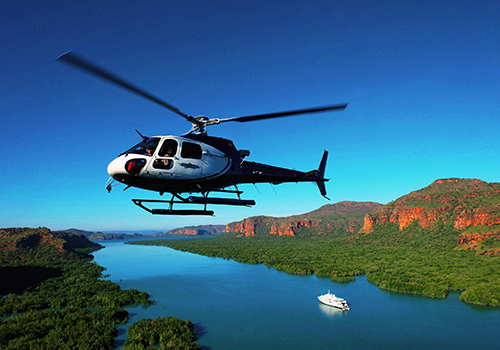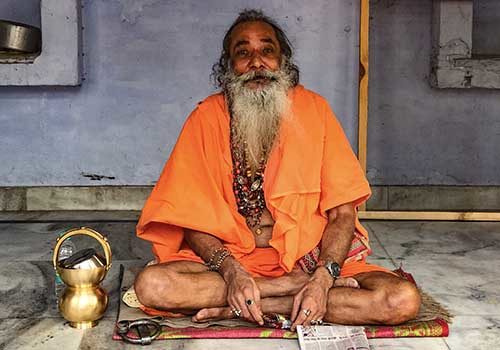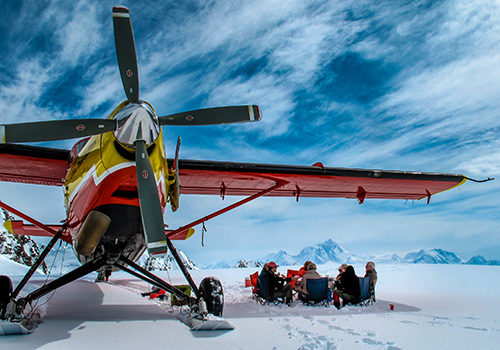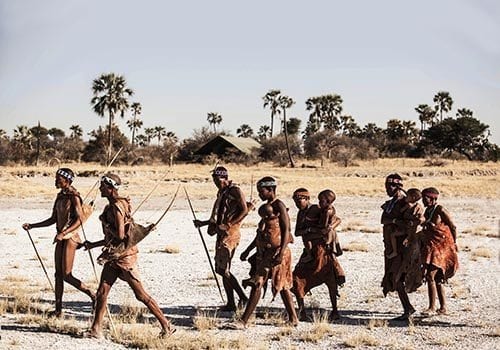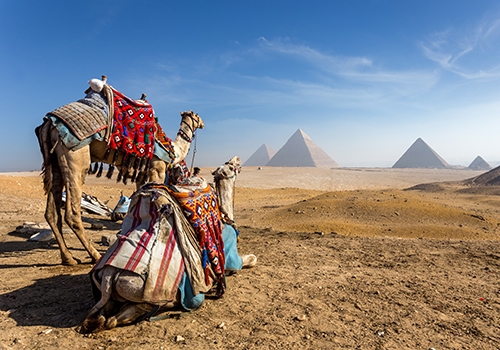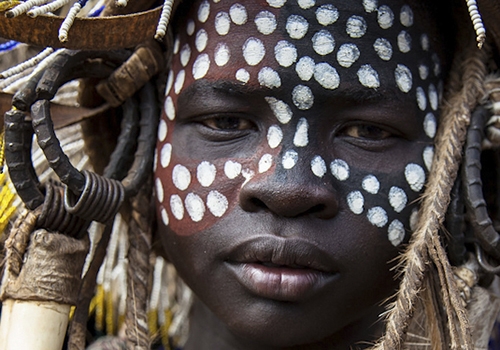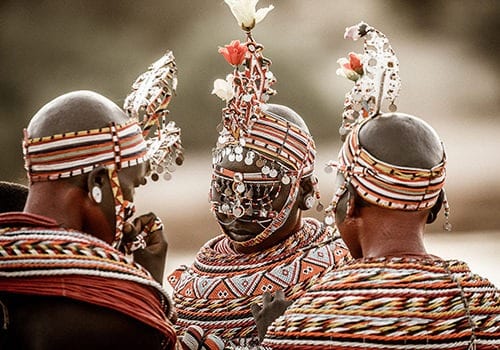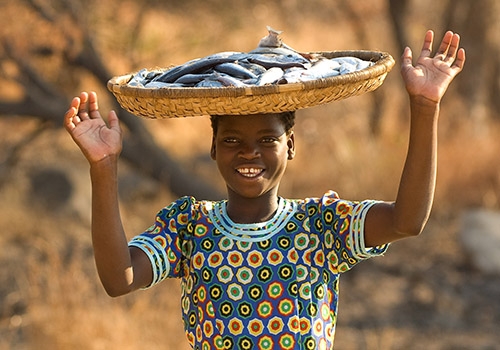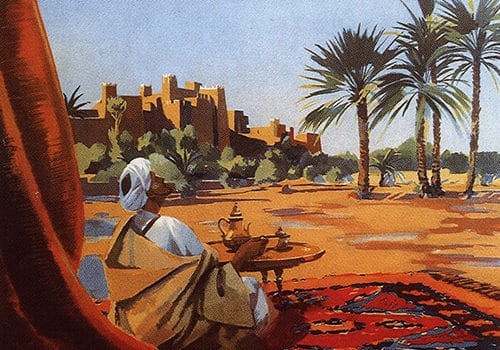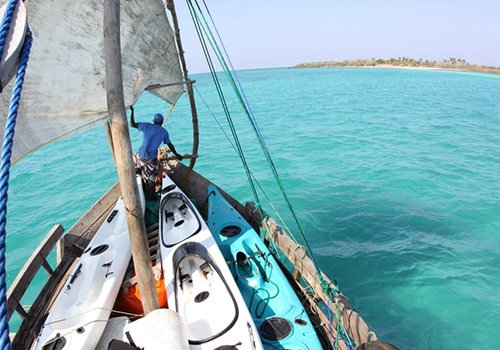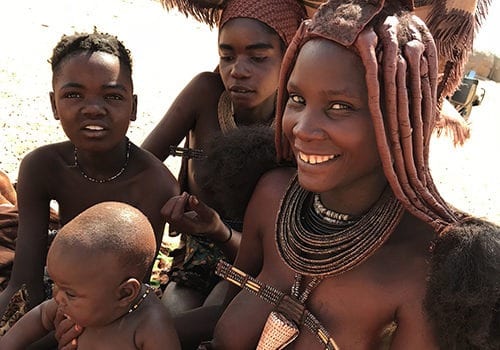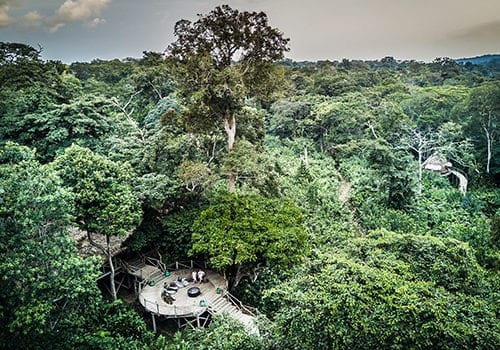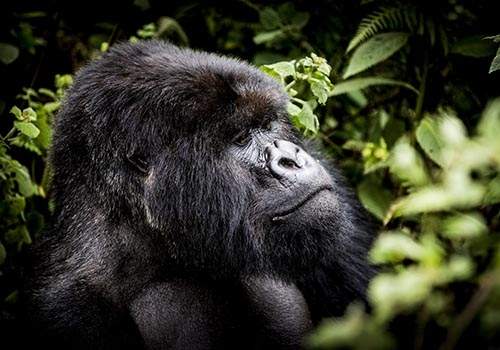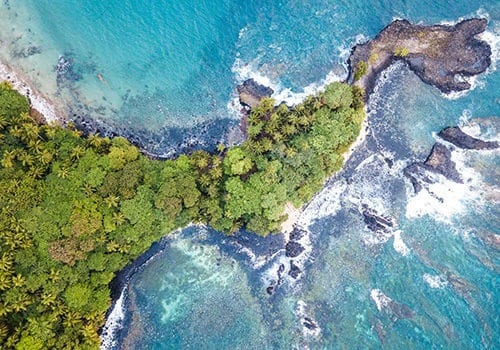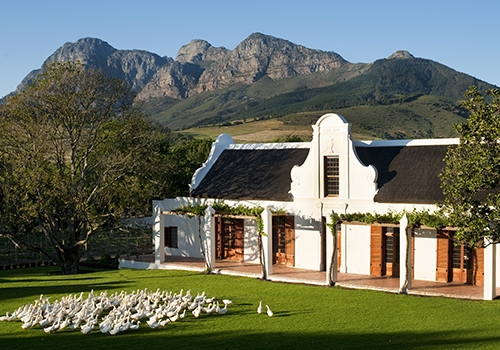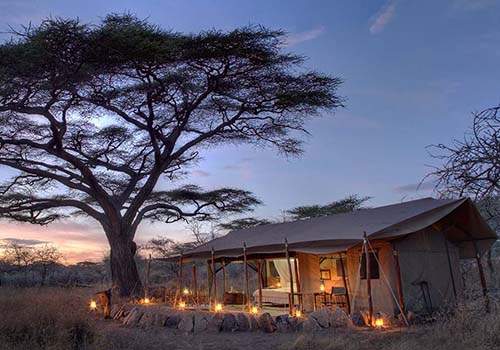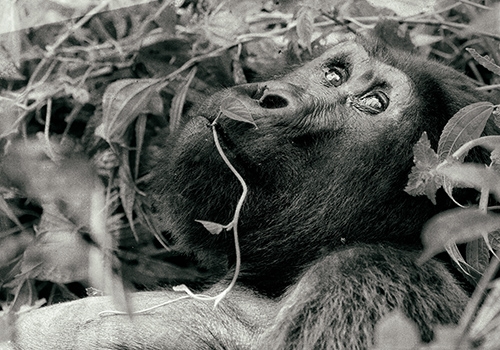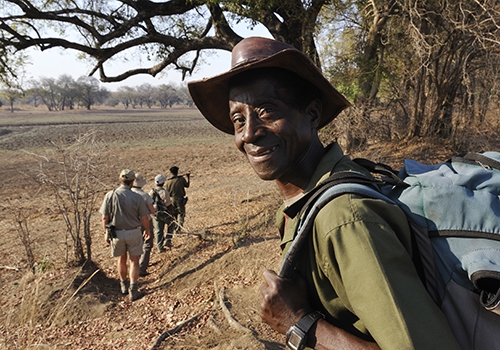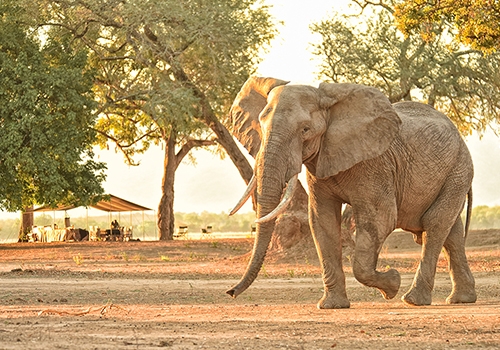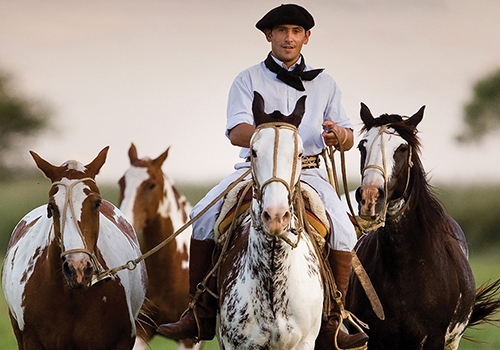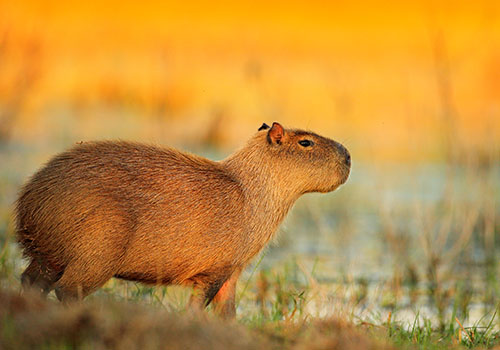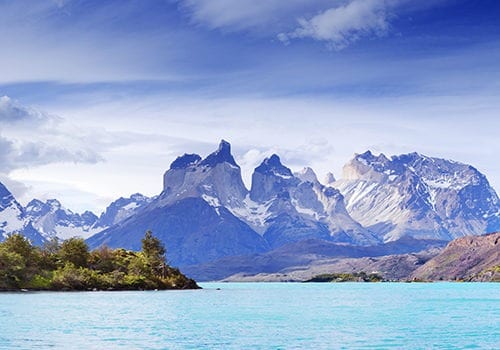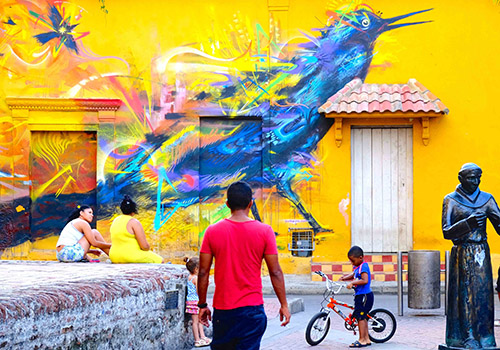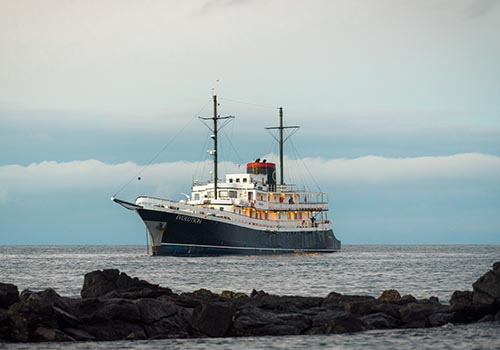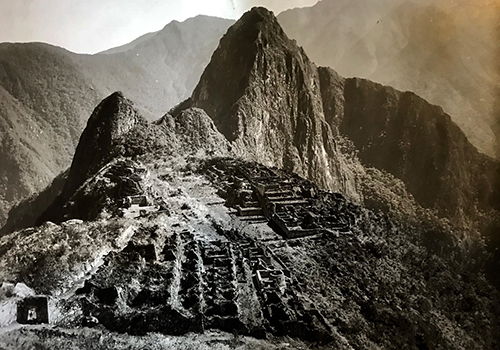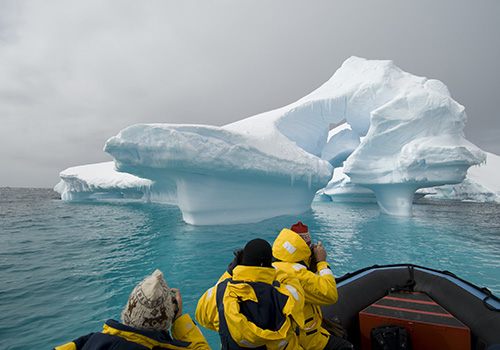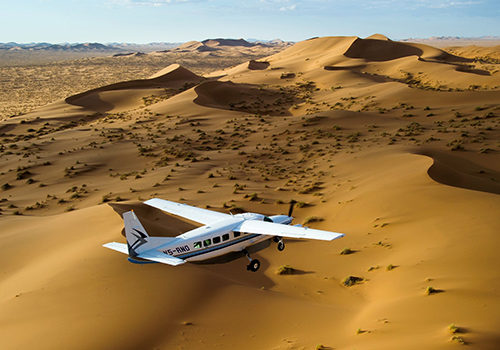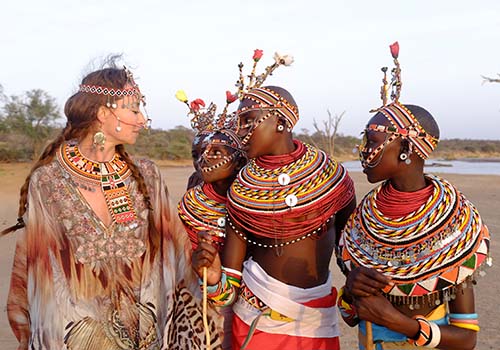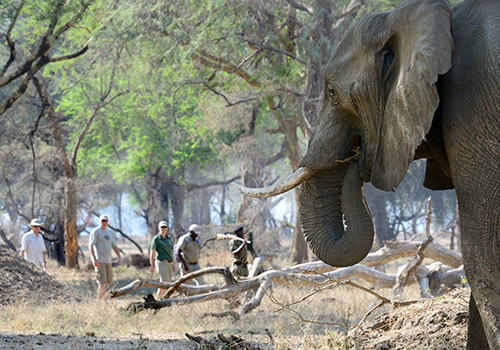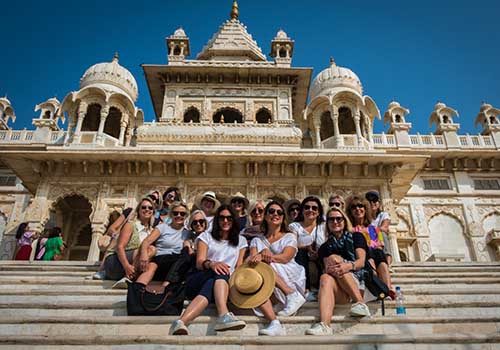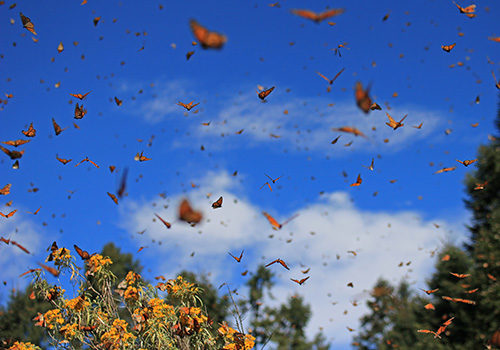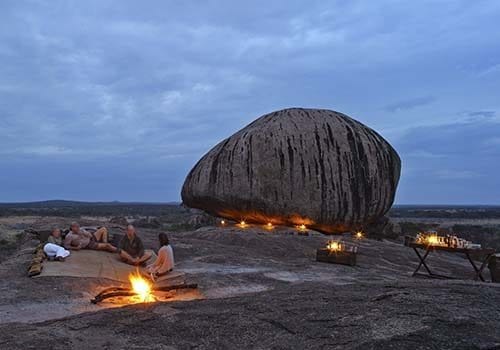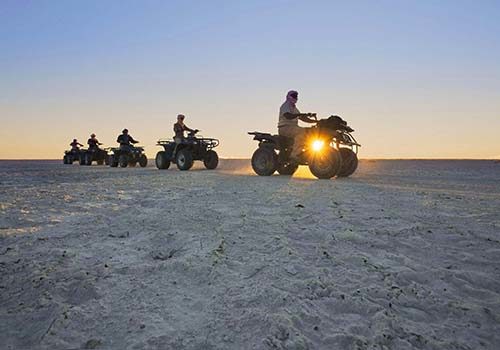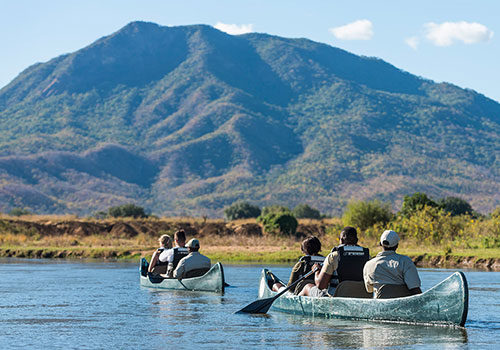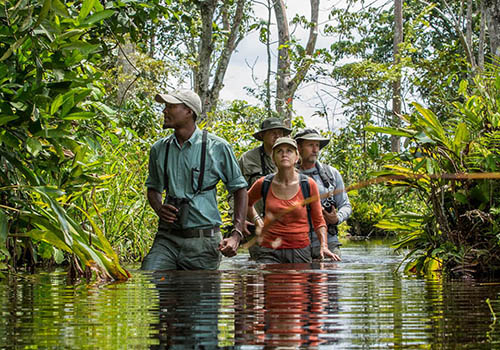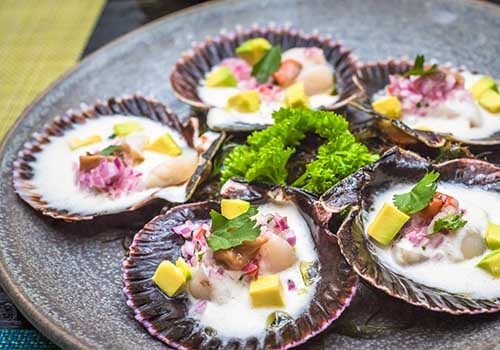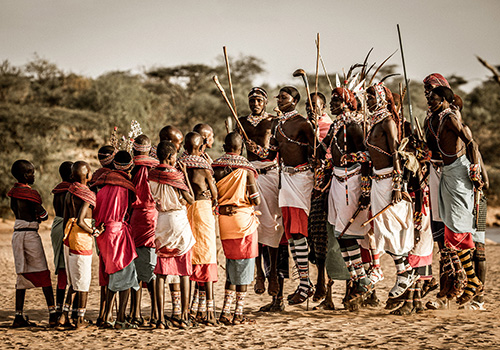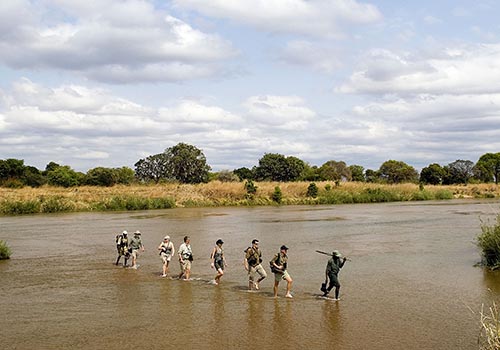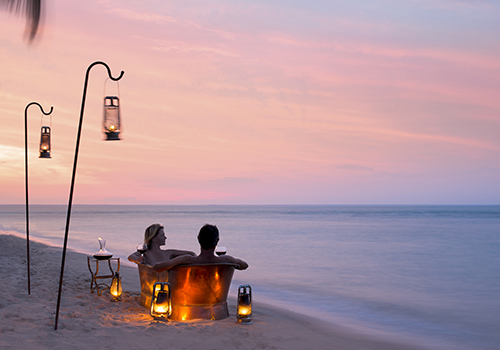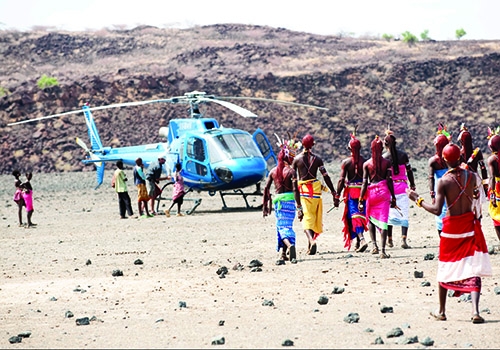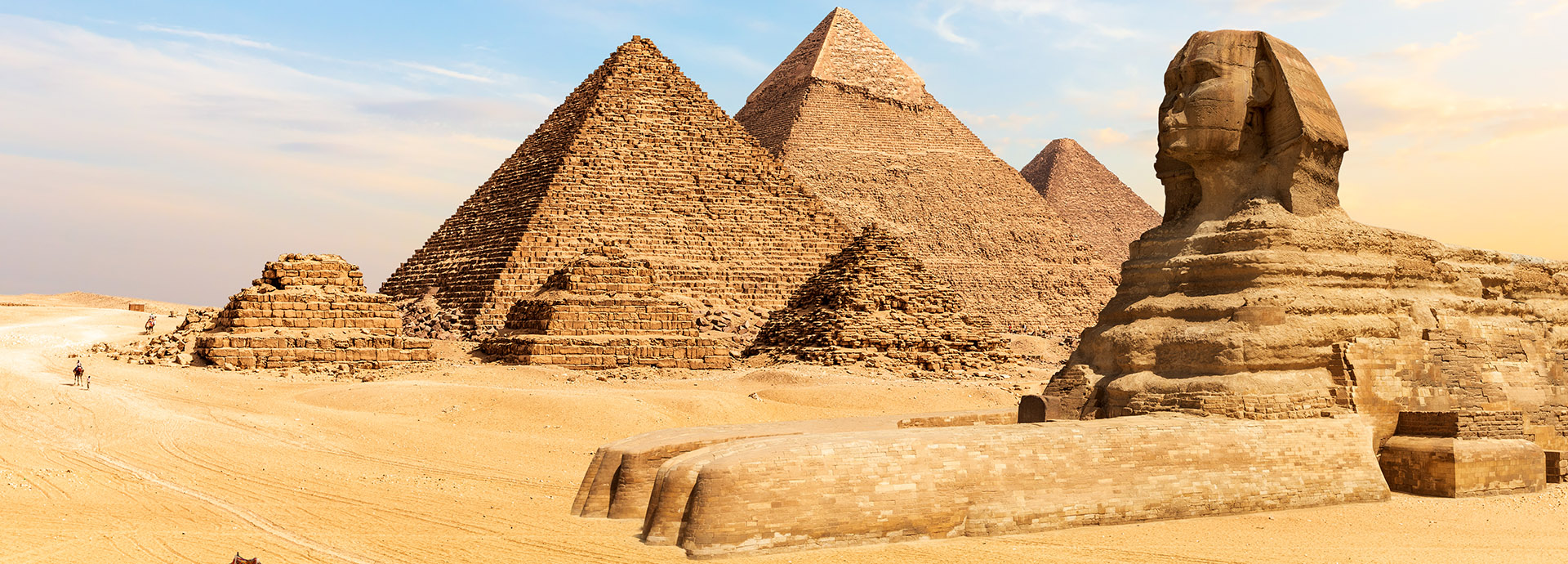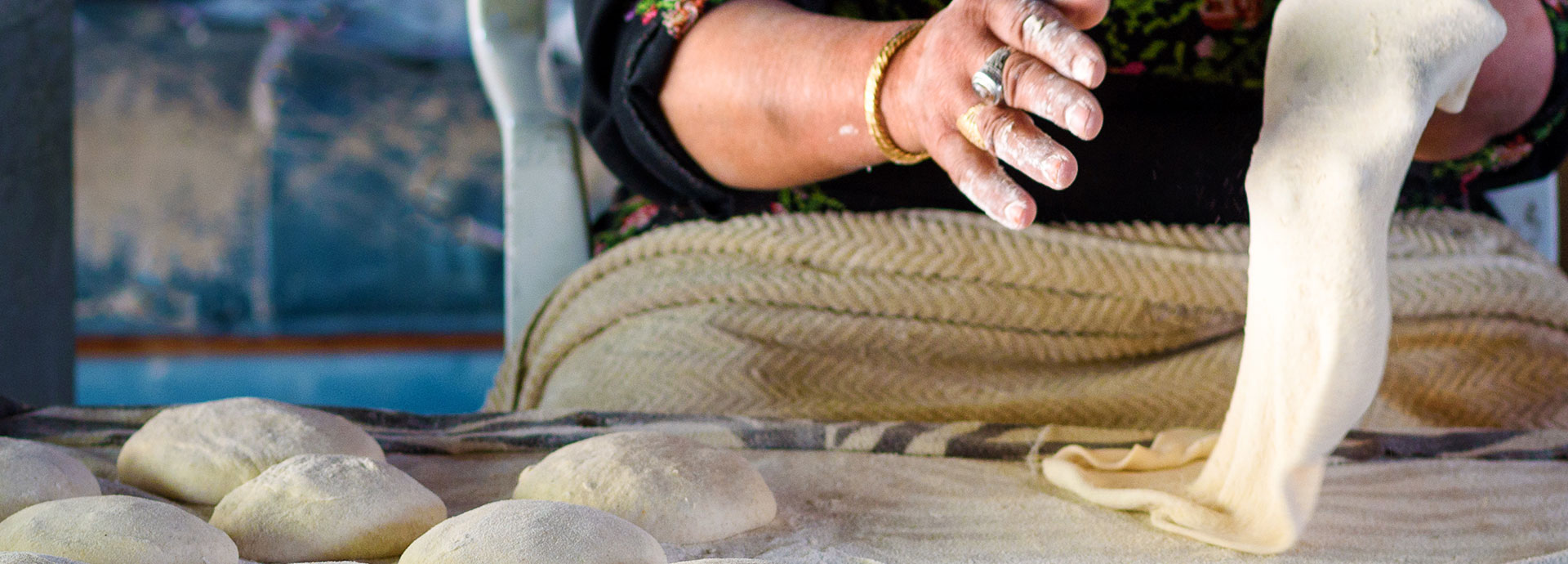
KEY INFORMATION TO PREPARE FOR YOUR JOURNEY
Welcome to Egypt, a land of ancient wonders and modern marvels! Situated in the northeastern corner of Africa, with a portion of its land also stretching into the Middle East, Egypt is a country rich in history, culture, and natural beauty.
Enriched by the majestic Nile River and renowned treasures such as the Giza Pyramids and Sphinx, Egypt is a tapestry of history. Luxor’s temples and Nile cruises vividly display its past, while Cairo’s blend of tradition and modernity intrigues. The Red Sea coast beckons divers to vibrant reefs, while warm locals, delicious cuisine, and lively festivals reveal Egypt’s dynamic spirit. Embark on a captivating journey through time, culture, and beauty in this remarkable nation.
This information will assist in preparing for your departure and includes helpful travel hints for when you are there.
PLEASE NOTE: All pre-departure information was correct at the time of writing, but should be used as a guide only since requirements can change at short notice and without warning. Consult Smart Traveller or contact the Embassy of the Arab Republic of Egypt or the appropriate authority prior to departure to confirm all details.
AT A GLANCE
EGYPT KEY FACTS
Time: GMT +3 hours | AEST -7 hours
Capital: Cairo
International Airport: Cairo International Airport (CAI)
Official languages: Arabic, but English is widely spoken
Religion: The state religion of Egypt is Islam, with Sunni Muslims accounting for 85-95% of the population, and the next largest religious group being Coptic Orthodox Christians
Electrical Current: 220V | European 2 round pin – Type C or F
Currency: Egyptian Pound (EGP)
Australian Embassy in Cairo: World Trade Centre (11th Floor), Corniche El Nil, Boulac (Code No. 11111) | T: (+202) 2770 6600 | E: consular.cairo@dfat.gov.au | W: https://egypt.embassy.gov.au/
Visa: Yes – currently required for Australian & New Zealand passport holders – available online or on arrival – refer to ‘Passport and Visa Requirements‘ for further details.
Ramadan, the spiritual month of Islamic Religion, is celebrated by Muslims in Egypt. Ramadan corresponds to the 9th month of the Muslim calendar with the end of Ramadan culminating in Eid al-Fitr – a three day holiday and celebration.
PUBLIC HOLIDAYS
January 7: Coptic Christmas Day
January 25: Revolution Day
February/March: Ramadan. Dates change annually. Upcoming Ramadan dates: 10 March – 9 April 2024 | 28 February – 30 March 2025. Eid al-Fitr – which means ‘festival of the breaking of the fast’ – is celebrated at the end of Ramadan.
April/May (date vary): Sham El-Nessim, marking the beginning of spring, the Monday following Orthodox Easter
April 25: Sinai Liberation Day
June/July (dates vary): Islamic New Year, based on the lunar Islamic Calendar
July 23: Revolution Day
September (dates vary): Mawlid Al-Nabi – Prophet Muhammad’s Birthday
October 6: Armed Forces Day
USEFUL WEBSITES
Smart Traveller – https://www.smartraveller.gov.au/destinations/africa/egypt
Travel Doctor-TMVC – https://www.traveldoctor.com.au/destinations/egypt
Consulate General of Egypt in Sydney – https://egyptconsulatesydney.com/en/
Egyptian Tourism Authority – https://www.experienceegypt.eg/en

PASSPORT & VISA REQUIREMENTS
PASSPORTS
Your passport must be valid for at least six months after your return to Australia and have at least two blank pages for every entry and country you intend to visit on your journey. If your passport does not meet these requirements you must obtain a new one. The Australian Passport Office website is www.passports.gov.au.
It is a wise precaution to carry a photocopy of your passport separately and leave a copy at home. This will aid authorities in processing a new passport should yours get stolen or lost.
If you have dual citizenship and more than one passport, we strongly recommend that you use only one of these during your travels, as in some countries it is considered illegal to have two or more passports. Be sure to use the same passport on entry and exit from a country, and never surrender your passport.
If your passport name is different to your commonly used name, advise us of this and ensure your airline reservations match those of your passport name.
VISAS
Australian and New Zealand passport holders require a Visa to enter Egypt.
Both single entry visa (US$25) and multiple entry visas (US$60) are valid for entry within 90 days from date of issue and the maximum duration of stay is 30 days. These can be obtained prior to arrival, online using this link: www.visa2egypt.gov.eg
Please only use this link to avoid paying money to an incorrect web page.
Alternatively visas can be obtained on arrival. In which case you will require a print out of your travel itinerary and US$25 in cash. Should you choose this option please advise us in advance of arrival.

AIR ARRANGEMENTS
PASSPORT NAME
Your airline reservation must be made in your legal name as it appears on your passport (i.e. names on tickets and passports must match). If your passport name is different to your commonly used name, advise us of this and ensure your airline reservation name matches those on your passport.
SPECIAL REQUESTS
Do let us know your seat preferences and any special requests so we can advise the airlines accordingly, however airlines do not guarantee seat preferences and some airlines now charge extra for this service.
Be sure to mention any other special requests you may have such as dietary requirements, kids meals and wheelchair assistance.
FREQUENT FLYERS
Prior to your departure ensure you have provided your consultant with your frequent flyer details so they can be added to your flight booking.
If you intend to use frequent flyer miles for your air travel you must book your own flights directly with the airline. It is a good idea to hold onto all your boarding passes in the event you have a query regarding points on your return.
DIY FLIGHT ARRANGEMENTS
If your flights are not booked by us ensure you provide your consultant with a copy of your flight itinerary so that we can share this with our ground operators who are responsible for booking corresponding ground transfers.
CLIMATE, WEATHER & SEASONS
CLIMATE
Throughout Egypt, days are usually hot and night time temperatures low. Egypt has only two seasons: a mild winter from November to April and a hot summer from May to October. There is never much rain with less than 80 millimetres falling per year in most areas, so the only differences between the seasons are variations in temperature and changes in prevailing winds.
The average temperature increases the further south you are. Throughout the Delta and the northern Nile Valley, there are occasional winter cold spells accompanied by light frost and very occasionally even snow. At Aswan, in the south, June temperatures can be as low as 10°C at night and as high as 41°C during the day when the sky is clear. Make sure you know what the weather is likely to be like in the areas you are visiting and pack accordingly.
| CAIRO | JAN | FEB | MAR | APR | MAY | JUN | JUL | AUG | SEP | OCT | NOV | DEC |
|---|---|---|---|---|---|---|---|---|---|---|---|---|
| Temperature (°C) | 09-19 | 09-20 | 11-23 | 14-29 | 18-31 | 20-35 | 21-35 | 21-33 | 20-32 | 18-29 | 12-25 | 10-20 |
| Rainfall (mm) | 4 | 7 | 12 | 2 | 2 | 0 | 0 | 2 | 0 | 5 | 10 | 11 |
| LUXOR | JAN | FEB | MAR | APR | MAY | JUN | JUL | AUG | SEP | OCT | NOV | DEC |
|---|---|---|---|---|---|---|---|---|---|---|---|---|
| Temperature (°C) | 06-23 | 07-25 | 11-29 | 16-35 | 20-39 | 23-41 | 24-41 | 24-41 | 22-39 | 18-35 | 12-29 | 08-24 |
| Rainfall (mm) | 0 | 0 | 0 | 0 | 0 | 0 | 0 | 0 | 0 | 0 | 0 | 0 |
| ASWAN | JAN | FEB | MAR | APR | MAY | JUN | JUL | AUG | SEP | OCT | NOV | DEC |
|---|---|---|---|---|---|---|---|---|---|---|---|---|
| Temperature (°C) | 09-23 | 10-26 | 14-30 | 19-35 | 22-38 | 25-41 | 26-41 | 25-40 | 24-39 | 20-36 | 15-29 | 11-24 |
| Rainfall (mm) | 0 | 0 | 1 | 3 | 0 | 2 | 0 | 0 | 0 | 0 | 0 | 0 |
| SHARM EL SHEIKH | JAN | FEB | MAR | APR | MAY | JUN | JUL | AUG | SEP | OCT | NOV | DEC |
|---|---|---|---|---|---|---|---|---|---|---|---|---|
| Temperature (°C) | 13-22 | 14-22 | 16-25 | 20-30 | 24-34 | 27-37 | 27-38 | 28-38 | 27-35 | 23-32 | 19-27 | 15-23 |
| Rainfall (mm) | 1 | 0 | 1 | 0 | 1 | 0 | 0 | 0 | 0 | 1 | 3 | 1 |
| ALEXANDRIA | JAN | FEB | MAR | APR | MAY | JUN | JUL | AUG | SEP | OCT | NOV | DEC |
|---|---|---|---|---|---|---|---|---|---|---|---|---|
| Temperature (°C) | 09-18 | 09-19 | 11-21 | 13-24 | 17-27 | 20-29 | 23-30 | 23-30 | 21-30 | 18-28 | 14-24 | 11-20 |
| Rainfall (mm) | 70 | 35 | 20 | 2 | 1 | 0 | 0 | 1 | 1 | 15 | 35 | 55 |
LUGGAGE & PACKING
LUGGAGE
Don’t take too much! You will regret bringing large unwieldy luggage.
If you are travelling in a group it is important to be conscious that everyone’s bags have to fit in the vehicle, so ideally avoid oversized suitcases and rather take one suitcase + one carry-on if you tend to overpack. This not only makes each item lighter, it is also easier to arrange in the storage space in your vehicle. A small backpack or shoulder bag is recommended for day-to-day items. All luggage should also be capable of withstanding rugged treatment.
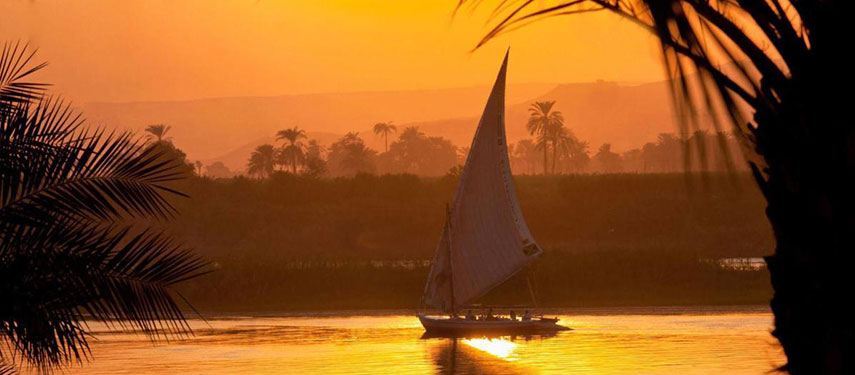
WHAT TO PACK
We recommend you pack casual, light, cotton clothing for summer as it can be very hot. The evenings can be cool, particularly in winter, so packing an extra couple of layers is a good idea.
It is best to travel in clothes that you feel most comfortable in, however, you do need to be aware of some cultural sensitivities. Women should dress modestly. Egyptian women will never show their knees and rarely their shoulders or their arms above their elbows. We recommend you do the same to avoid unwanted attention from men and women alike. Avoid short shorts and revealing dresses – or if you do choose to wear these styles we would suggest you have a scarf or pashmina with you to cover up should you wish, or need, to do so.
Laundry is offered in almost every hotel in Egypt, however, we would refrain from handing over delicate or expensive items if you are at all worried about them. You may be requested, or may prefer, to wash your own underwear.
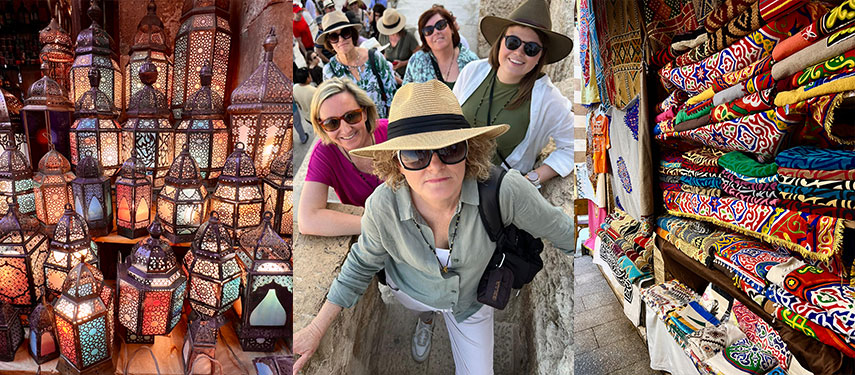
SHOPPING
Egyptian souks are fantastic and often the hardest thing about shopping is knowing when to stop! The Khan el Khalili Bazaar in Cairo is particularly good and amongst other things, you’ll find: cotton goods, cartouche, papyrus paintings, carpets, wall hangings, jewellery and brass. You could literally spend days wandering around even if you are not an avid shopper. The sights, the sounds, the smells – they just have to be seen to be believed!
SHOPPING TIPS
- If in doubt, ask your guide.
- Be prepared to bargain, but be sure you really want an item before you begin & start by offering what you believe is a fair price – usually 50% of the asking price, and then work your way up from there.
- Be assertive, but be kind – life’s too short to bargain over a further $2!
- If you see something you like, buy it. You may not find that colour, style, fabric or design again – let alone finding the same store!
- Boutiques may accept credit cards, but few souk vendors will, so be sure to carry cash, including small amounts for swift, inexpensive purchases.
- Leave your valuables such as your passport in the hotel safe.
CLOTHING
- Light cotton shirts or t-shirts, both short & long sleeved
- Sweater/fleece
- Trousers – a combination of long & 3/4 length (2 to 3 pairs)
- Casual skirt or shorts (that cover, or at a minimum reach, your knees)
- Casual evening wear
- A scarf or pashmina
- A good pair of walking shoes
- Casual shoes & sandals or flip flops
- Socks & undergarments
- Gloves & scarf if travelling in winter
- Pyjamas
- Swimwear
ACCESSORIES
- Sunglasses
- Sun hat or cap
- Spare prescription glasses
- Contact lenses and saline
- Pen, paper, scrap book, novel
- Camera with spare memory cards
- Chargers for all electricals
- Adaptor plugs
- Small torch + batteries to use in the event of a power outage
- A scarf – for ladies to wear when visiting mosques or ancient sites
- Toiletries
- Ear plugs – Egypt can be noisy
- A water bottle
- Medical kit
INSURANCE
ENSURE YOU’RE INSURED
Although we hope you’ll never need it, having a comprehensive travel insurance policy is always highly recommended. No international travel is ever entirely without risk, and even the best-laid plans can go awry.
Whilst we cannot recommend the right policy for you (as only you know you and what you need), here we have provided links to sites and articles that may help you navigate your way through the choices available.
PLEASE NOTE: The information provided here is subject to change at any time. Please always read the travel insurers’ relevant Product Disclosure Statements and refer to the Australian Government’s Department of Foreign Affairs & Trade’s (DFAT) Smartraveller website for up-to-date travel advice and advice on Travel Insurance.
Whichever insurer you choose please provide us with a copy of your chosen policy, insurance certificate and all emergency contact details for our records.
WHAT WE OFFER
The Classic Safari Company is currently associated with the following travel insurance providers :
Each of the above insurers has varying strengths depending on the activities included in the trip you are undertaking. Their websites are easy to navigate and once you have entered your personal details and selected your preferences – be that to reduce your excess, include cover for cruising, increase your cover for cancellation or obtain cover for a pre-existing medical condition – the website will generate a quote. If you are satisfied with what is presented, you simply need to follow the steps to purchase your insurance policy online.
At what point in the booking process should I purchase travel insurance?
It is advisable to obtain comprehensive travel insurance at the time of confirmation/paying a deposit to ensure you are covered from the moment you book.
What should I look for when selecting coverage?
Most insurance companies will cover the basics such lost luggage or flight cancellations, but levels of medical cover vary from policy to policy, and the cover for global issues, such as pandemics, has changed significantly over the past few years. This excellent article, Travel Insurance Simplified, published on 07 April 2022, details what you need to look for when selecting coverage for your next trip. Smartraveller also publishes helpful advice on Travel Insurance.
What is the impact of DFAT travel advice?
Some insurance providers will not cover travel to countries where the Australian Department of Foreign Affairs & Trade (DFAT) is warning Australians to “Reconsider your need to travel” (Level 3) and very few (if any) cover travel to places with a “Do not travel” warning (Level 4). Most international travel insurance covers visits to Level 2 destinations. DFAT travel advisories can change over time and this may affect your travel insurance coverage. You should always check the advice levels on the Smartraveller website.
How much does travel insurance cost?
Costs will vary depending on your age, destination, duration of your journey, preferred excess, cancellation cover, and if you have any pre-existing medical conditions. It is important to note that the inclusions with each policy are different so price is not the only factor you should consider when choosing travel insurance – cheaper policies often don’t provide the cover you might expect. You should read the small print carefully before purchasing any travel insurance policy to ensure it is suitable for your needs.
Can I use my credit card travel insurance?
Many premium credit cards come with complimentary travel insurance. If you elect to only be covered by your credit card travel insurance it is paramount that you understand the terms and conditions, policy availability subject to your age, trip duration and destination, item limits, sub-limits and exclusions that may apply. It is also worth noting that many credit card travel insurance policies automatically exclude cover for epidemics and pandemics and may not cover charter flights.
What about reciprocal health care agreements?
If you’re travelling to one of the 11 countries for which Australia has reciprocal health care agreements, you may also be able to access free health care at your destination under these arrangements. The exact benefits available to Australians in each partner country vary. At a minimum, you can generally access emergency medical and hospital care in any of these 11 countries by simply showing your valid Australian Medicare card.
Even if you’re travelling to a country that has a reciprocal health care agreement with Australia, it’s still a very good idea to get travel insurance as these care agreements can be quite limited. Travel insurance will also cover you for everything else besides your health, such as delays or cancellations.
HEALTH & VACCINATIONS
VACCINATIONS
It may be necessary to take medical precautions prior to, and whilst travelling. As we are not qualified to offer advice, we recommend you contact your GP or the Travel Doctor-TMVC who have the most up‐to-date information available. Requirements are highly personal depending on your health profile and the activities in your itinerary. Some vaccinations must be given well in advance of travel, so we suggest seeking medical advice as soon as you start to plan your trip. Be sure to ask what vaccinations or medications may be required to enter Egypt and to re-enter Australia.
You can also refer to SmartTraveller for a guide as to what may be required, however, you should always seek professional medical advice before travelling.
In Egypt hospitals & pharmacies have well-provisioned dispensaries, however, it is recommended that you carry any medicines you think you may need (eg. Antihistamines, motion sickness/car sickness tablets).
Please ensure you advise us of any allergies or medical conditions before travel.
We also recommend that you have a dental check-up before leaving home.
STAY HEALTHY ON YOUR TRAVELS
There is no reason to get ill in this part of the world as long as you are sensible. Even if you are used to dining out on exotic cuisines at home, the food will still be vastly different to what you are accustomed to. Because of the different spices, herbs & the density and composition of water, you may find that there is initially an effect on your stomach. This normally passes within 48 hours as you adjust to the change in diet but if the condition persists you should consult a doctor.
To avoid health problems here are a few basic guidelines:
- Get all the vaccinations your doctor recommends.
- Drink bottled water.
- Do not eat uncooked vegetables or meat, peel all fruit before you eat it, avoid salads and only eat food which has been recently cooked.
- Avoid ice in your drinks (unless the hotel has a water purification system).
- Be very particular about personal hygiene, keeping your hands very clean.
- We do not recommend you eat from street vendors unless you are brave!
- Cover up – use insect repellent, and wear long, loose, light-coloured clothing
- Drink boiled water or bottled water with sealed lids, except in lodges and hotels where water quality is tested and assured
- Don’t swim in freshwater unless told it is safe to do so
NOTE: If you have the appropriate level of cover you may be able to claim a rebate through your private health insurance under your extras cover for part of the cost of your vaccines and anti-malarial medications. We recommend you check with your private health insurance company.
FIRST AID KIT
Travelling with a compact First Aid Kit is highly recommended and having the ability to cure common complaints quickly and without stress can really enhance your travelling experience. The Travel Doctor-TMVC have kits for sale that include basic items to which you can add depending on your personal requirements.
The items listed here provide a checklist for mild ailments and common circumstances.
- Personal medications*
- Antiseptic cream
- Anti- malarial tablets
- Aspirin/Panadol
- Sun block
- Throat lozenges
- Insect Repellent
- Indigestion tablets
- Diarrhoea tablets (Imodium)
- Hydration salts (such as Hydralyte)
- Lip salve
- Antibiotics
- Laxatives
- Plasters/band aids
- Anti-histamine
- Skin moisturiser
- Eye/Ear drops
- Nausea tablets
- Cold/flu tablets

FOOD & DRINK
FOOD & DRINK
Egyptian food is usually pretty good; drawing from Arab, African and Eastern Mediterranean influence, using a distinctive blend of fresh produce and spices, herbs and fruits, there is a large array of unique culinary delights. The national dish is ful medames, which consists of cooked fava beans served with vegetable oil, cumin, chopped parsley, garlic, onion, lemon juice and chili. A significant amount of Egyptian cuisine is vegetarian, due to the historically high price of meat, but chicken, lamb, beef, as well as seafood in coastal areas, is also widely available. Fresh Egyptian pita bread is also excellent!
Although most Muslims do not drink alcohol, Egypt is a moderate Islamic country and you are free to drink in moderation in private or where alcohol is served. Most restaurants serve alcoholic drinks and there are bars & nightclubs in the big cities. Alcohol can be bought in some shops and supermarkets and you may be pleasantly surprised by how good Egyptian wine tastes.
When it comes to food and drink in Egypt, you’re in for a flavourful and diverse culinary experience. Here are some food and drink tips to enhance your journey:
TRADITIONAL DISHES
- Koshari: A popular Egyptian street food, koshari is a hearty dish made with rice, pasta, lentils, and a tomato-based sauce, often topped with fried onions.
- Falafel: These deep-fried chickpea or fava bean patties are a staple of Egyptian cuisine and are commonly served in pita bread with vegetables and tahini sauce.
- Ful Medames: A breakfast favourite, ful medames is a dish of slow-cooked fava beans seasoned with herbs, spices, and olive oil. It’s often enjoyed with bread.
- Molokhia: A stew made from the leaves of the molokhia plant, typically served with rice and accompanied by chicken or rabbit meat.
STREET FOOD
- Taameya: Similar to falafel, taameya is an Egyptian version made with fava beans and herbs. It’s typically served in pita bread with a variety of condiments.
- Shawarma: A popular street food, shawarma consists of meat (usually beef, chicken, or lamb) roasted on a vertical rotisserie and served in pita bread with vegetables and sauces.
- Sahlab: A warm, comforting drink made from orchid root powder, milk, and spices. It’s often garnished with nuts and coconut flakes.
HYGIENE PRECAUTIONS
- Water: To avoid stomach issues, stick to bottled or boiled water for drinking and brushing your teeth.
- Street Food: While street food is delicious, be cautious about its hygiene. Look for busy stalls with high turnover to ensure freshness.
BEVERAGES
- Hibiscus Tea (Karkadeh): A refreshing herbal tea made from dried hibiscus petals, typically served hot or cold.
- Egyptian Coffee: Strong and thick coffee, often sweetened to taste. It’s usually served in small cups.
- Fresh Fruit Juices: Take advantage of the abundance of fresh fruits in Egypt by trying delicious juices like mango, guava, and pomegranate.
- Mineral Water: To stay hydrated, especially in the warm climate, opt for bottled mineral water to ensure safe drinking.
ETIQUETTE & CUSTOMS
- Use Your Right Hand: When eating, it’s customary to use your right hand as the left hand is considered less clean.
- Try Local Customs: If you’re invited to someone’s home, it’s polite to accept the offer of food and drink. Egyptians are known for their warm hospitality.
- Respect Fasting: During Ramadan, many restaurants may be closed during daylight hours, and it’s respectful to avoid eating, drinking, or smoking in public places during this time.
Egypt’s culinary scene offers a blend of traditional flavours and modern twists. Exploring the local dishes and beverages is an integral part of immersing yourself in the country’s rich culture and traditions.
MONEY MATTERS
CURRENCY AND EXCHANGE
Egypt’s currency is the Egyptian Pound (EGP), which is divided into 100 piastres, or ersh. Australian dollars are not accepted in Egypt, however both US dollars and Euro can be exchanged for Egyptian pounds. Money can be exchanged at banks, at a Bureau de Change and often in larger hotels.
It’s best to take a mixture of money – credit card, debit card or travel cash card, plus cash just in case. Small denominations of USD or EURO are advisable – especially for tipping. If all else fails, have someone you can depend on who will make an emergency transfer of funds.
ATM machines are available in most cities & towns, are NOT widely available beyond that so do rely on these as your sole source of funds. Please be vigilant if you do withdraw cash.
Major international credit cards such as Visa and Mastercard are widely accepted. AMEX is not so popular and in some instances is not accepted at all. Please note that you need to take your physical credit card, and you need to know your PIN number, as not all places will allow you to ‘tap’. In some cases you may also be asked to sign.
It is recommended that you DO NOT change money on the black market as you are more likely to receive a lower rate of exchange or fake notes.
TELL YOUR BANK
We highly recommend you advise your bank of your destinations and travel dates. This should prevent any of your transactions being deemed as ‘out of the ordinary’ (and possibly stopped) due to their unexpected location.
TIPPING
Tipping in Egypt is called “baksheesh” and is an ingrained part of tourism. Salaries are low and baksheesh is regarded as an essential way of supplementing income. In Egypt you will be expected to tip many people including your tour guides, drivers and ancillary staff such as waiters, & the hotel concierge. Please try to keep cool about this and don’t let it spoil your holiday. You will often feel like you are constantly tipping someone!
Here is a rough guide:
- Restaurants – it is customary to tip 10% of the bill amount
- Drivers – either tip daily or at the end of your trip if you have the same car & driver for several days. On a daily basis tip the equivalent of about US$5-10 per traveller.
- Tour guides – US$10 per person for a half-day sightseeing tour & double for a full day
- Tour escort – if you are accompanied by a tour escort / guide for the duration of your itinerary – US $250 per person at the end of your holiday
- Airport, local representatives – there is no need to tip local representatives who meet you at the airport
- Cleaning staff US$2 per room for the whole stay.
- Nile Cruise staff US$10 per person per day
- All other service staff (guards in museums & tombs and shoe minders in mosques) US$2 as an individual / US$2-5 as a group/family
SPENDING MONEY
Your itinerary and invoice will indicate inclusions and exclusions throughout your itinerary booked by The Classic Safari Company.
It is difficult to calculate exactly how much each person will spend. However, as a rough guideline, we suggest you budget around US$50-70 per person per day for extras such as additional meals, tips, drinks and personal purchases.
Of course if you plan to shop ’til you drop – and there is a lot of great shopping in Egypt – then budget accordingly!
Always carry extra money for those unexpected tips, for drivers, guides or staff that deserve that bit extra.
POWER, TECH & PHOTOGRAPHY
POWER
There are basically two main voltage systems used around the world: 110 Volt ‐ USA, Canada, Spain & Japan 220 Volt ‐ the rest of the world. In simple terms, the power supply available at the socket is roughly twice as powerful in 240V countries as in 110V countries.
The voltage in Egypt is 220 Volts, therefore if you wish to use any electronic devices from Canada, the US or Japan you’ll need a voltage converter AND a plug adapter. Australia operates a 220V currency and therefore you only require an adapter for Australian appliances.
There are two different types of electrical sockets commonly found in Egypt, types C and F. Older sockets are two-pin, just like European plugs (Type C), whilst the newer hotels have plugs that have two round pins with two earth clips on the side, so you may need an adaptor that has slots to accept the earth clips (Type F). If you do not already have any adaptor we recommend purchasing a multi-purpose travel adaptor, which will fit both. Many adaptors also have a USB port so you can plug your smart phone, or I‐product directly into the adaptor.
ADAPTORS
Egypt uses a 220V electrical current and a type C or F socket (European 2 round pin)

For the latest & most up to date information about voltage and what adaptors to travel with refer to: www.korjo.com
SMART PHONES & DATA
Smart phones can be wonderful travel companions. Not only will they help you stay in touch with friends and family, they’ll guide you through unfamiliar cities, enlighten you on local attractions, translate foreign languages and produce great photographs.
Left unchecked they can also wreak havoc with your travel budget!
The reason is that some (but not all) of the fun and useful functions smart phones perform require the downloading of data via an internet connection. Unfortunately, if you’re paying for data roaming it can be an expensive exercise and you run the risk of returning home to an expensive shock.
If you want to make the most of your mobile device, while avoiding unexpected and unpleasant charges, keep in mind the following tips:
- Buy an International Roaming Pack ‐ think about buying a pack from your phone network before departure in order to access cheaper rates
- Remove your regular SIM and replace it with a pre‐paid SIM either purchased before departure or upon arrival. Not only will you benefit from better prices for data, voice calls and SMS, but there will be a pre‐set limit on how much you can spend giving you some piece of mind.
- Turn off global roaming ‐ the problem with data roaming is not simply the exorbitant costs travellers are charged for downloading megabytes, it’s the fact that this data is often being sucked down without you even being aware of it.
To be safe, the easiest thing to do is simply disable data roaming.
We do NOT recommend taking advantage of free-wifi in public places such as airports and malls. The connection is often insecure, and you could run the risk of data and information theft. If you do need to go online, whether to check your emails, use a handy app, or make an online booking – your best option is to find SECURE free or affordable Wi‐Fi.
PHOTOGRAPHY
Photography plays an important role in any holiday. Zoom lenses are a great asset as are wide-angle lenses for landscape shots. The best over-all lens to take would be a zoom in the 70mm-300mm range. Only if you are a keen birder, would you need a lens greater than 300mm. For digital cameras it is suggested that you bring two rechargeable batteries and ensure that you have adequate memory space.
Please respect local customs and feelings when taking photos. You may need to tip locals in order to take photos. It is forbidden to photograph certain places such as airports, dams, bridges, government buildings & military installations in many countries. If in doubt, ask!
CLASSIC SAFARI CO TRAVEL APP
Your very own App for travel – let the countdown begin!
The CLASSIC SAFARI CO App is supplied courtesy of The Classic Safari Company. It is a very handy tool with the upside being that you can view all your travel documents on your device at any time, whether connected to the internet or not. It will be where we house all your travel documents. Our App along with emailed digital copies of your travel documents, will be all that you will require once travelling.
Therefore, it is important to take the time to become acquainted with The Classic Safari Co App, and contents, well before you travel.
To start viewing your travel documentation you will need to download, at no cost, The Classic Safari Co App on your Phone, iPad or Tablet by following these steps:
- STEP 1 : Be sure you have internet access
- STEP 2 : Open the App store on your device and search for ‘The Classic Safari Co’ or download on the Apple App Store or Google Play
- STEP 3: Once installed and opened, you’ll be asked for your User ID and your Unique Passcode. Please enter the following:
- USER ID: TCSC
- UNIQUE PASSCODE: NAME+FILENUMBER
Click accept and wait for your travel documents to download before starting your journey on the App.
NOTE: If you prefer to access your trip details and documents on your personal computer, you can do so by visiting https://web.vamoos.com/. Please use the same user ID and unique passcode provided above.
HOW TO DOWNLOAD
Open the App store on your device and search for ‘The Classic Safari Co’. Alternatively, using your device click the icons below to download on the Apple App Store or Google Play
OUR APP LOOKS LIKE THIS:
ON THE APP YOU WILL FIND:
- Your travel documents
- Destination information
- Maps
- Real time weather data
- E-tickets and flight information (if applicable).
ADDITIONAL OPTIONAL DOCUMENTS
We can also upload additional documents such as Tourist Visas, Vaccination Certificates, and your Travel Insurance Certificate if you wish to have them on hand as you travel. If you would like us to add these for you please email any additional documents in PDF format (only) and we will add them to your profile. We do not recommend adding or sharing your passport information online.
UPDATES & CHANGES
We will update all documents if and when changes occur, and prior to your departure we will furnish you with emergency contact information and any relevant travel vouchers.
OFFLINE USE
The greatest benefit of using our App is that once the initial download has occurred you will no longer require internet access to view what has been uploaded for you.
SECURITY
Please note that the software developer of our app (Vamoos) cannot guarantee the safety of personal data against identity theft, particularly if you are using a free wifi service whilst travelling. We do not recommend using free wifi services anywhere in the world.

ALREADY HAVE THE CLASSIC SAFARI COMPANY APP INSTALLED?
If you already have The Classic Safari Co App installed, to load a new trip you simply need to follow these steps:
- STEP 1: Open The Classic Safari Co App on your device and in the top left corner you will see 3 small horizontal lines (the burger menu). Click these and look for the words ‘Load New’… click this and then enter:
- USER ID: TCSC
- UNIQUE PASSCODE: NAME+FILENUMBER
- STEP 2: Wait for your travel documents to download before starting your journey on the App.
Should you have any questions about the App or the information uploaded for you please don’t hesitate to get in touch.
Thanks, have fun and let the countdown to your departure begin!
RECOMMENDED READING LIST
The English Patient – Michael Oondatje
The Lost Oasis: The True Story Behind The English Patient – Saul Kelly
River God + The Seventh Scroll + Warlock + The Quest – Wilbur Smith
The Cairo Trilogy: Palace Walk + Palace of Desire + Sugar Street – Naguib Mahfouz
Crocodile on the Sandbank – Elizabeth Peters
Guidebook to the Western Desert – Casandra Vivian
The Last Storytellers – Richard Hamilton
Egypt Rediscovered – by Mohamed El Hebeishy
Ancient Egyptian Book of the Dead – Raymond Faulkner
The Treasures of Luxor – Kent Week
Egypt – Culture Smart! – Jailan Zayan
Berber Odes: Poetry from the Mountains of Egypt – Michael Peyron
Death on the Nile – Agatha Christie
The Egypt Game – Zilpha Keatley Snyder
Egyptian Mythology: A Guide to the Gods, Goddesses, and Traditions of Ancient Egypt – Geraldine Pinch
Beer in the Snooker Club – Waguih Ghali
Rise and Fall of Ancient Egypt: The History of a Civilisation from 3000 BC to Cleopatra – Toby Wilkinson
The Memoirs of Cleopatra – Margaret George
Nefertiti – Michelle Moran
The Egyptian – Mika Waltari
Voices from the Other World – Naguib Mahfouz
The Heretic Queen – Michelle Moran
Temples, Tombs, and Hieroglyphs: A Popular History of Ancient Egypt – Barbara Mertz
Egyptian Mythology: A Guide to the Gods, Goddesses, and Traditions of Ancient Egypt – Geraldine Pinch
The Discovery of the Tomb of Tutankhamen – Howard Carter
Child of the Morning – Pauline Gedge
Mara, Daughter of the Nile – Eloise Jarvis McGraw
The Rise and Fall of Ancient Egypt – Toby Wilkinson
Red Land, Black Land – Daily Life in Ancient Egypt – Barbara Mertz
Arabian Nights and Days – Naguib Mahfouz
When Women Ruled the World – Kara Cooney
The Buried: Life, Death & Revolution in Egypt – Peter Hessler
